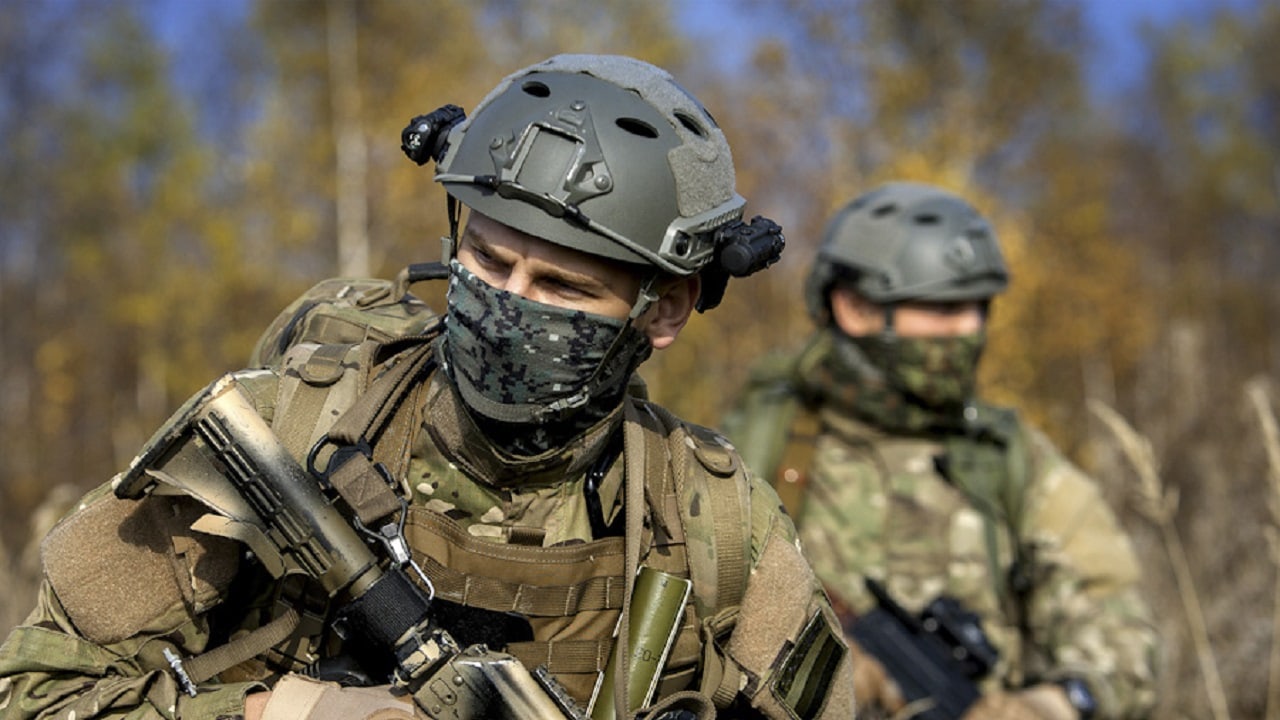Communist Russian Lawmaker Calls for End of War – A regional Russian lawmaker has called on Russian President Vladimir Putin to end the war in Ukraine and withdraw troops from the country – a rare public expression of disagreement with the president over his military strategy.
Leonid Vasyukevich, a Communist Party legislator, addressed Russia’s Primorsky legislative assembly on Friday and demanded an end to the war.
“We demand the immediate withdrawal of Russian troops from Ukraine,” he said. “We demand an end to military action.”
Video footage of the legislator making the comments were also shared online, revealing how other legislators urged him to end the speech early.
“We understand that if our country doesn’t stop the military operation, there will be more orphans in our country. Young people who could be of great benefit to our country are dying or becoming disabled during this military operation,” continued.
Ukraine’s Kyiv Independent also reported that four communist members of the Pirmorye Krai in Russia’s far east echoed Vasyukevich’s call for the Russian president to end the war.
“Leonid Vasyukevich, one of the members, said at a meeting of the legislature that Russian troops are suffering heavy losses and failing to achieve a military success,” the outlet reported. “The appeal was condemned by the Communist Party’s leadership in Primorye Krai.”
It’s not just lawmakers expressing their anger and discontent with Putin’s strategy in Ukraine, either.
Russia Fires National Guard Soldiers for Refusing to Fight
Public officials calling for an end to the war face an uncertain fate in Russia. Dissent is typically not met with good faith debate from the Kremlin or Putin loyalists.
Over 100 Russian national guardsmen lost their jobs this week, according to court documents, after refusing to fight in Ukraine. The cases came to light on Wednesday when a Russian court rejected a lawsuit filed by the soldiers challenging their termination.
The court’s ruling, which was published online, shows that the soldiers’ case was dismissed after the judge determined that their refusal to fight in the war was a legitimate reason for them to be fired.
The Pentagon also said earlier in the month that anecdotal reports from Russia revealed that many soldiers, from mid-grade officers to troops from the battalion level, were refusing to obey orders and fight in Ukraine over concerns about their ability to win.
Attorney Andrei Sabinin, who represented the soldiers, said that the decision from the court was “unprecedentedly quick.”
“I express doubts about the fairness of the process as a whole because my clients were denied to call up certain witnesses and several documents were rejected by the court,” Sabinin said.
With soldiers refusing to fight, legislators calling on Vladimir Putin to end the war, and oligarchs allegedly hoping the president dies, it’s tough to see the war in Ukraine ending in anything other than a defeat for the Russians or a total redefinition of success.
Jack Buckby is a British author, counter-extremism researcher, and journalist based in New York. Reporting on the U.K., Europe, and the U.S., he works to analyze and understand left-wing and right-wing radicalization, and reports on Western governments’ approaches to the pressing issues of today. His books and research papers explore these themes and propose pragmatic solutions to our increasingly polarized society.

